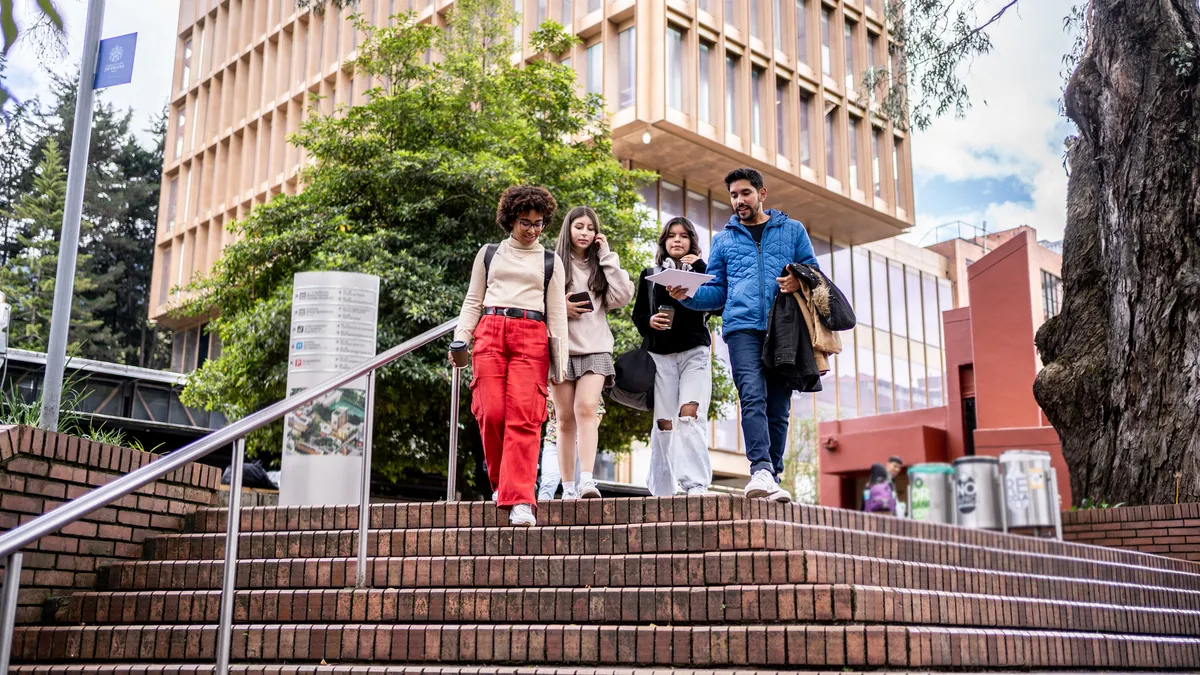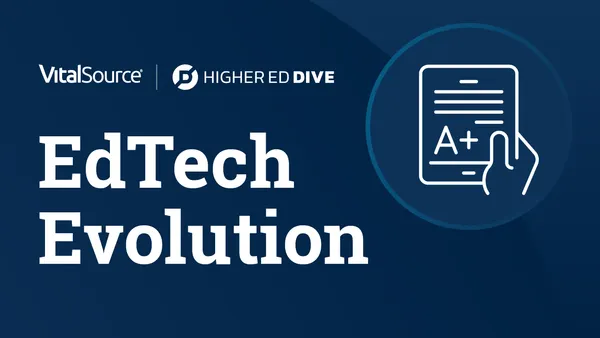Colleges and universities have outsourced costs and revenues associated with campus parking and management of student housing, and Ohio State is collecting proposals for private management of its energy use. Why not campus tutoring?
That’s what former Kent State University President Lester Lefton says. Lefton served as president from 2006 to 2014, capping a 35-year-long career in higher education. Now, as a board chairman, he plays an advisory role in Kent State alum Michael Matousek’s brainchild, Luvo, an online note-sharing and on-demand tutoring service.
Luvo’s tutoring services will be available to 2.5 million students this year thanks to a partnership between the company and Barnes & Noble College bookstores. Lefton said Luvo is in talks with individual universities considering buying free access for their students, but for now, students will have to cover the cost themselves.
Middle and high school districts have been quicker to partner with on-demand tutoring companies to cover at least basic student access than have their college counterparts. Besides Luvo, Chegg is a big player in the college tutoring marketplace. BrainMass, EduWizardS, and MPower are among the dozens of others.
Most allow students to pay for tutoring by the minute from other students or professional tutors. Chegg has weekly and monthly package deals.
Lefton finds peer-to-peer learning opportunities to be critical.
“I think students learn more from each other than they often do from professors,” Lefton said. “Sometimes you’ll get some 62-year-old professor who has been teaching for 40 years who may be very skilled and very knowledgeable but doesn’t speak the same language as an 18-year-old.”
A focus on student outcomes has more colleges thinking about ways to get students the help and support they need. On-campus tutoring centers are helpful for a certain group of students, but as Lefton found at Kent State, the limited hours were shutting other students out. While Lefton supported the on-campus tutoring center as university president, he recognized that students getting out of late classes looking for help had nowhere to go.
The 24/7 availability of online tutors brings a new tool to the project of student success. Of course, most students don’t use tutoring whether the service is free or not. Providing even basic access could be manageable, offering students a free two to three hours and then leaving it up to them to pay for the rest. After all, spending $100 and passing a course could save a student thousands in scholarship funds or save them the time and expense of retaking a course.
“Higher education is an expensive proposition for students and their families,” Lefton said. “This small investment that a student might make, or his parents or her parents might make, is a small percentage of the total cost of education and it may make an enormous impact.”
Lefton considers on-demand, peer-to-peer tutoring the wave of the future. He recommends administrators considering forging institutional partnerships reallocate a portion or all of what was spent on campus tutoring centers as a trial.
“You can get the kind of service that you want and if you don’t like it, you can go to a different one,” Lefton said.
Would you like to see more education news like this in your inbox on a daily basis? Subscribe to our Education Dive email newsletter! You may also want to read Education Dive's look at how institutions can better market themselves to returning students in a digital world.









